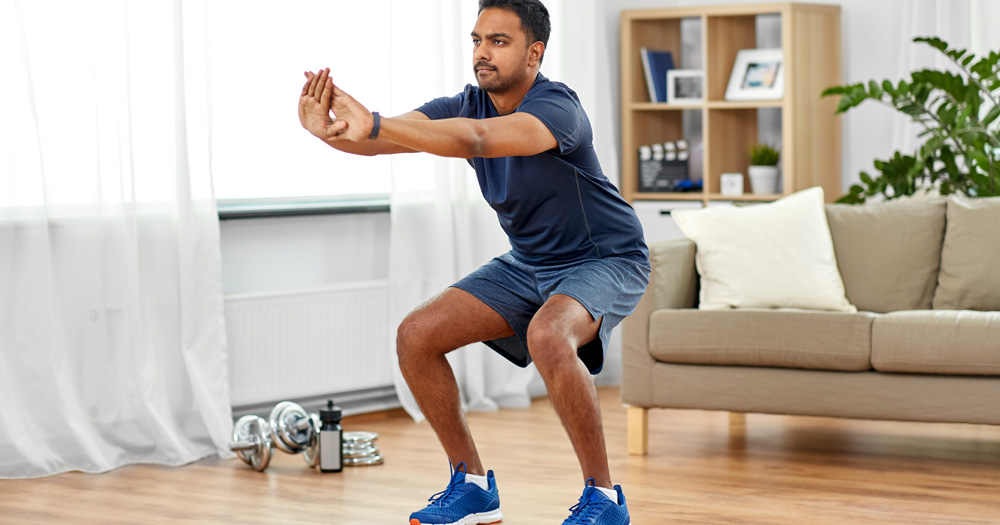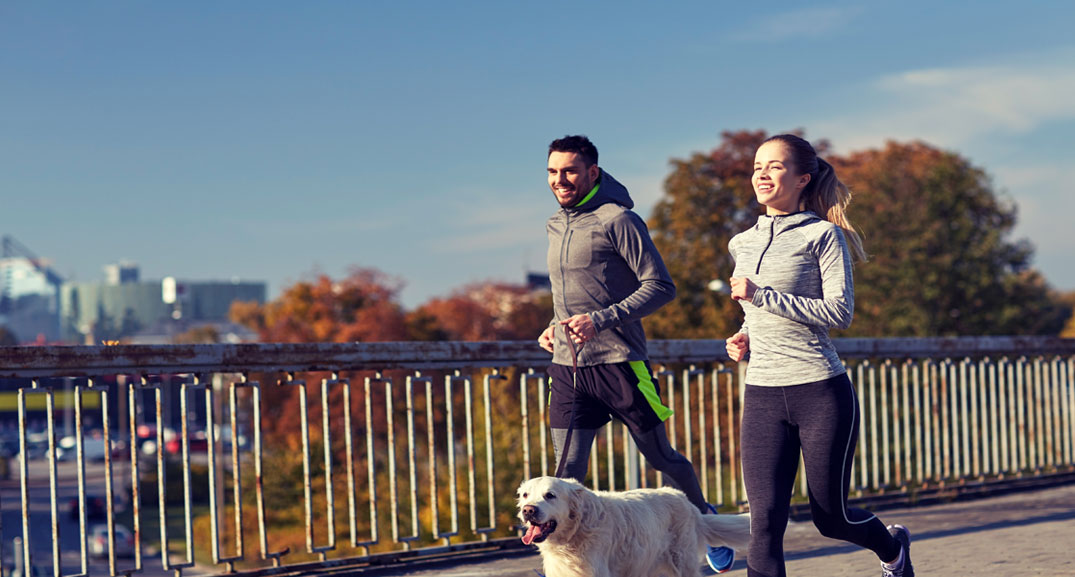
Three Reasons Why You Want to Exercise
It is natural to feel stressed, anxious and to worry during a time of crisis. The past twelve months, we have been living in a worldwide pandemic with restrictions and stay at home orders. As a general population in North America, we were living a sedentary lifestyle prior to March 2020. Today, with the restrictions, the device and sofa time can easily increase! Numerous studies have shown the benefits and positive outcomes to exercising regularly. Let’s explore my top three reasons why you want to exercise now more than ever.
 1) Mental Health and Mood
1) Mental Health and Mood
Want to be happier? People who stay active tend to be happier. We know there are many positive benefits of exercise including increased energy, vitality, and a happier mood. Numerous studies have been completed to understand the link between exercise and mood. A 2018 study in Lancet found out of 1.2 million American adults who exercised regularly tended to feel bad (self-reported decrease in happiness) for 35 days a year, whereas nonactive participants felt bad for an additional 18 days (a total of 53 days a year) on average (1).
These improvements in mood may be caused by an exercise-induced increase in blood circulation to the brain and by an influence on the hypothalamic-pituitary-adrenal (HPA) axis and, thus, on the physiologic reactivity to stress (1,2). Other hypotheses that have been proposed to explain the beneficial effects of physical activity on mental health include distraction, self-efficacy, and social interaction. From my own experience the past 12 months, my mood was always happier after exercising in general, and even happier with more clarity, when I was exercising with a friend outside close to nature.
 2) Physical Strength, Flexibility and Better Sleep
2) Physical Strength, Flexibility and Better Sleep
Unfortunately, lean muscle mass naturally diminishes with age. As a result, you want to exercise regularly (30 minutes per day, fours days per week) including strength training to preserve and enhance your muscle mass throughout your life. Also, implementing an exercise and strength training program will increase bone density, this is especially important as we age.
Strengthening exercises such as Pilates and yoga can increase flexibility and balance reducing your risk of injuries and falls. Regular exercise can help your joints stay flexible and can reduce the symptoms of arthritis and other inflammatory responses.
Let’s not forget about getting enough Zzzs! Sleep is an important piece of my mind-body healthy lifestyle equation: Energy = Food + Fitness + Sleep. Staying active can help your body get restful sleep every night. This will help keep you focused and energized to enjoy all aspects of your life including your fitness plan!
3) Decrease Risk of Chronic Diseases
People who live a sedentary lifestyle are often at a high risk of chronic diseases associated with sedentary behavior. Diseases such as diabetes and cardiovascular disease are common lifestyle diseases that can be reduced with healthy daily habits including exercising. Regular physical activity can improve muscle strength, help maintain a healthy weight and boost your endurance. Maintaining a healthy weight helps decrease your risk of chronic diseases.
Exercise delivers oxygen and nutrients to your tissues and helps your cardiovascular system work more efficiently. And when your heart and lung health improve, you have more energy to tackle and enjoy your daily activities.
 Bottom Line
Bottom Line
Staying active is more important than ever as we navigate the global pandemic and transition out over the next year. Choose activities you like and that are not complicated logistically for you do on a regular basis. And remember to make sure you stay hydrated during your exercise routine. These are my top three reasons why you want to exercise! What are yours?
Connect with Jane and her team to consult with your company on your 2021 projects, and
speak at your upcoming events including webinars and podcasts!
Click here to contact Jane.
References:
- Chekroud SR et al. Association between physical exercise and mental health in 1.2 million individuals in the USA between 2011 and 2015: a cross-sectional study. Lancet. 2018; 5(3):739-746.
- Boecker H et al. The runner’s high: Opiodergic mechanisms in the human brain. Cerebral Cortex. 2008; 18(11): 2523-2531.
